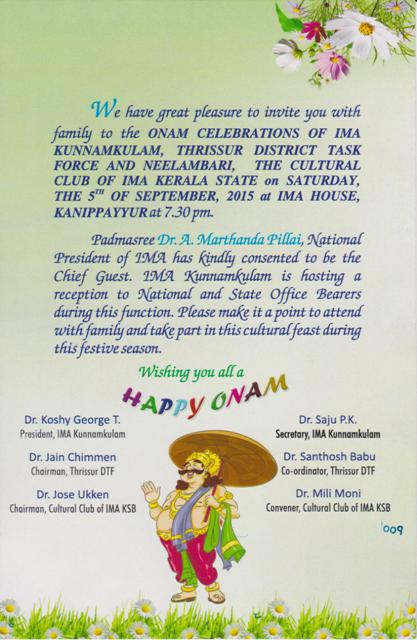

Naadanpanthukali, a game that may be described as a combination between football and cricket played in the country style, is popular in the villages of Kerala. If and when she succeeds, the person in whose hand the nut was intercepted becomes the next den. The blindfolded ‘den’ who stands in the middle has to try and grab the nut being passed. Here, the players sit in a circle and pass a ripe areca nut, keeping their hands behind and singing a special song. Manikkyachembazhukka is a game for women. The prize usually would be in the form of sweetmeats or money. In Kazhakayattam, a game for youngsters, the competitors attempt to climb a long, oil-slicked pole to get to the prize tied on the top. The game ends either when the ‘egg’ has been stolen or when the den manages to make physical contact with all four men. If the den succeeds in touching one of them, that player is out of the game. The den, who is allowed to run along the inner lines of the small squares tries to touch the men with his hands and feet. The men trying to steal the ‘egg’ stand in four squares drawn inside the big one. In Kilithattu, a game popular in the villages of Kerala, the den protects a stone – the ‘egg’ – placed in the middle of a square, from four men. Oonjaalaattom - playing on swings by the women and children - is an integral part of Onam. Games like Onappanthu, Thalappanthu - both ball games, Ambaiyyal or bow and arrow, Cheettukali or card games, Aattakkalam kuthuka, Kambithayam, Kilikali or bird game, are traditionally for the men, Kannanamunnikkali, and so on for women and Onamkali and so on for children. After the Sadya and the siesta that follows is the time for games.


 0 kommentar(er)
0 kommentar(er)
